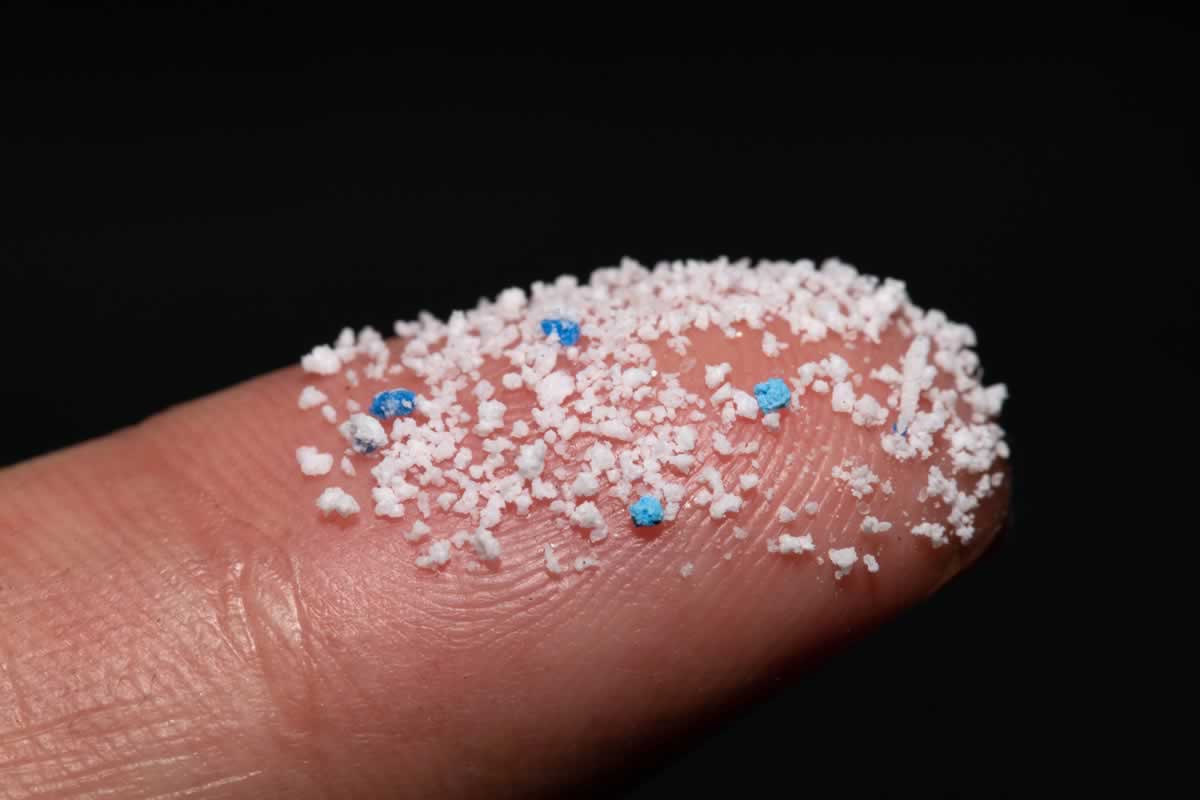Why Small Plastics Aren't Big on Recycling: What You Need to Know
by Cheap Cheap Team
Thursday December 12th 2024

Suppose you've ever tossed a bottle cap, straw, or wrapper into the recycling bin with the satisfaction of a planet-saving pat on the back. In that case, we have some news for you: that tiny piece of plastic probably isn't going to live its second life as a trendy eco-friendly tote bag. It might be causing more harm than good.
According to recycling experts, most small plastics—those that can slip through the cracks, literally and figuratively—are rarely recycled. Here's why and what you can do to ensure your good intentions don't end up in the landfill.
Why Small Plastics Are a Big Problem
The size of small plastics is their greatest downfall. Many recycling facilities use automated systems to sort materials by size and type. Items smaller than three inches often slip through the machinery, falling into waste streams where they're either incinerated, sent to the landfill, or worse, escape into the environment.
Top Five everyday small plastic items that don't get recycled:
- Plastic straws
- Bottle caps (unless attached to the bottle)
- Cutlery
- Coffee pods
- Candy wrappers
These bits and bobs may seem innocuous but significantly challenge recycling systems. Not only do they jam up sorting machines, but they can also contaminate batches of otherwise recyclable material, making the entire load unrecyclable.
Wishcycling: The Hidden Villain
You might think, "What's the harm in trying? Better to give it a shot than throw it away!" This mindset, known as wishcycling, is more damaging than you'd think. When non-recyclable items make their way into recycling bins, they increase sorting costs and slow down operations. In the worst cases, they force facilities to divert entire batches of recyclables to landfills because of contamination and undermine the recycling system's efficiency.
What Can You Do?
Not all hope is lost! There are ways to help recycling work.
1. Know What's Accepted Locally
Recycling rules vary widely depending on where you live. By checking your municipality's guidelines for what plastics they accept, you can be informed and empowered to make a positive impact. Many places now encourage leaving caps on bottles, which are easier to process—or putting small items in bundles. Even foil can be a problem, and it is best to make a large ball or place it inside an aluminium can so the whole lot can be recycled.
2. Use Alternatives to Small Plastic items
There are many reusable alternatives available now that you can use to replace plastics that would otherwise not be, like metal straws, bamboo cutlery, or bulk-buying to reduce small or soft plastic waste.
3. Support Businesses that have sustainable options
Businesses that implement changes to their eco practices can make a huge impact. For instance, the hairdressing industry, SustainableSalons, collects all salon waste for recycling. Some of these become new salon items that are sold back to salons. They collect and clean the foil used for dying, then remake it back into foil. Salon tools and hair are recycled into garden products and other salon products.
4. Support Policy Changes
You can be part of a more significant movement by advocating with your local council for improved recycling systems or joining recycling programs that address small plastics, such as TerraCycle. Your support can influence policy changes and make a significant difference.
The Big Picture: Rethink, Reduce, Recycle
Small plastics highlight the limitations of our current recycling systems. Recycling is vital in the fight against plastic pollution, but it is only part of the solution.
We must address the issues around consumption and unnecessary use of single-use items. Plastics became easy before the days of plastics use in nearly all our everyday items. Other solutions were plausible. Plastics just made things cheaper.
If we, as consumers and government bodies, can support better design for products, like refills and bulk stores, the need for recycling is reduced.
Before you toss a tiny plastic wrapper into the recycling bin, please take a moment to consider whether it is recyclable. If it isn't, consider whether you can avoid using it altogether.
Remember, small changes can make a big difference. You are part of the solution by being responsible for your recycling practices. After all, the planet will thank you for your small efforts to tackle this enormous problem!









